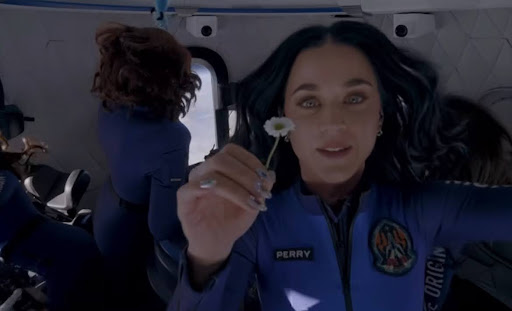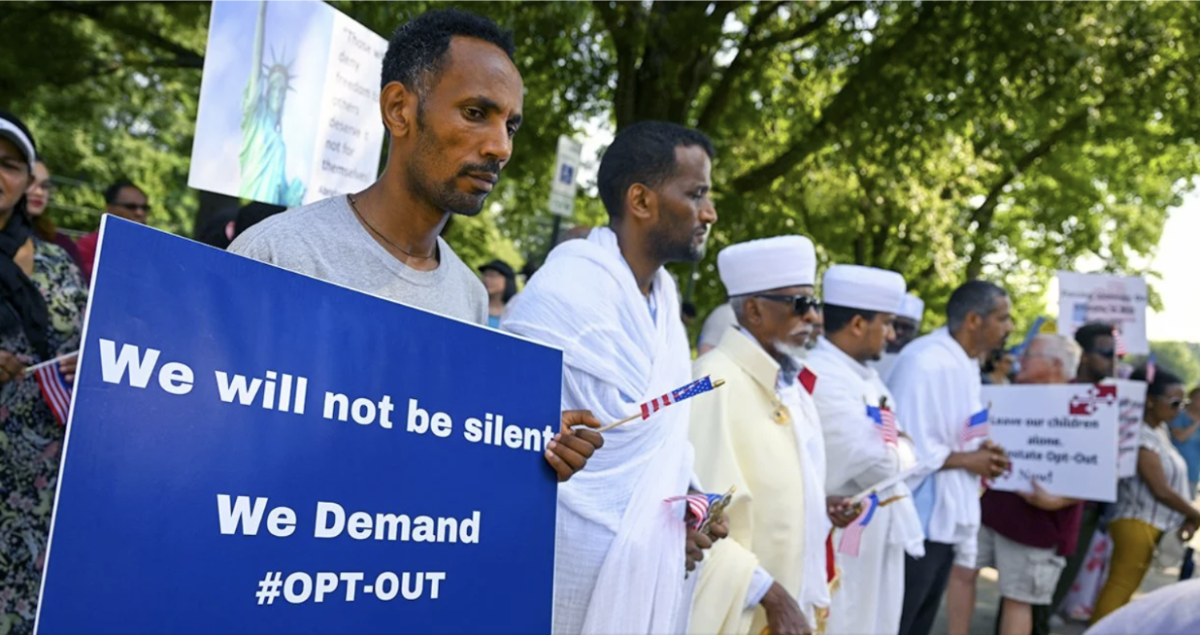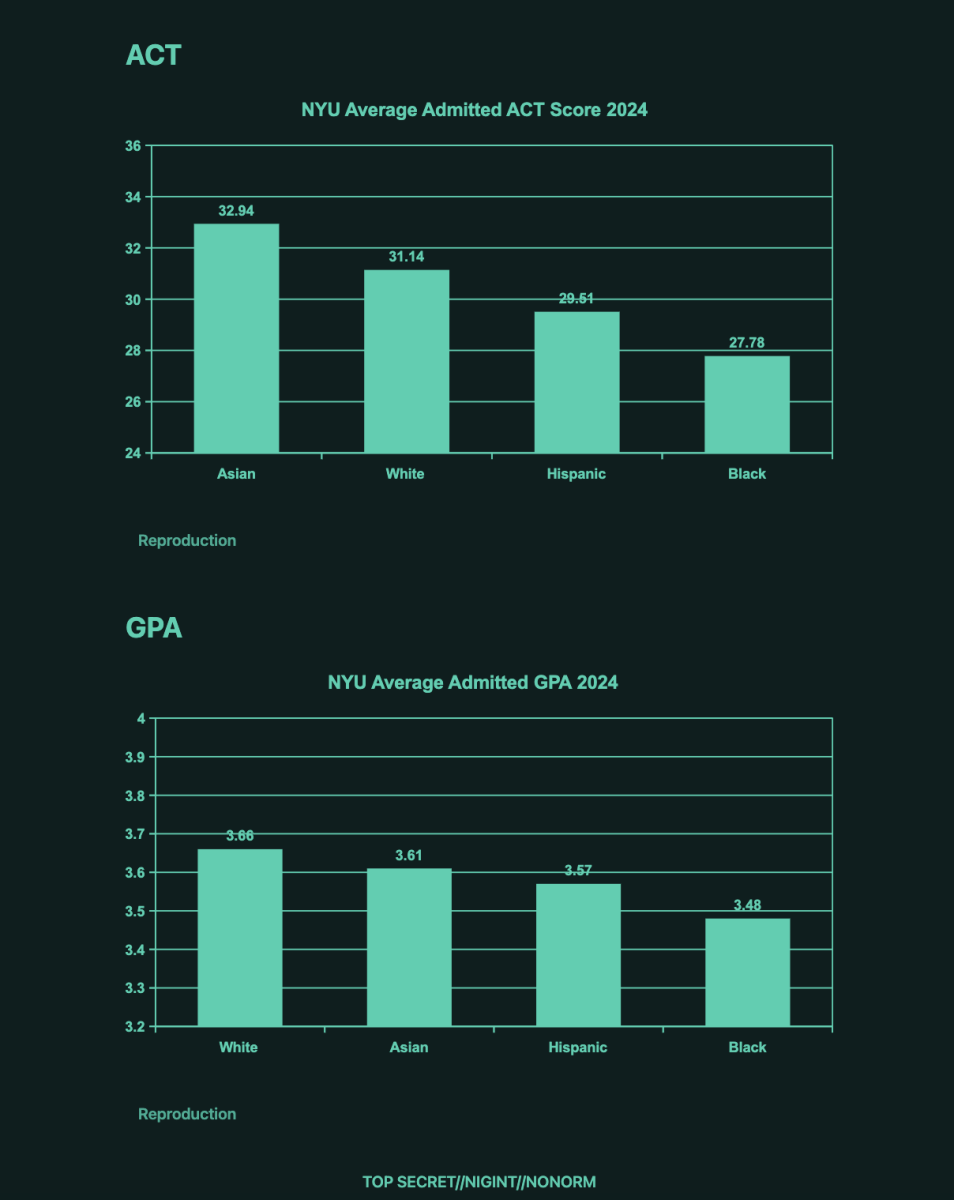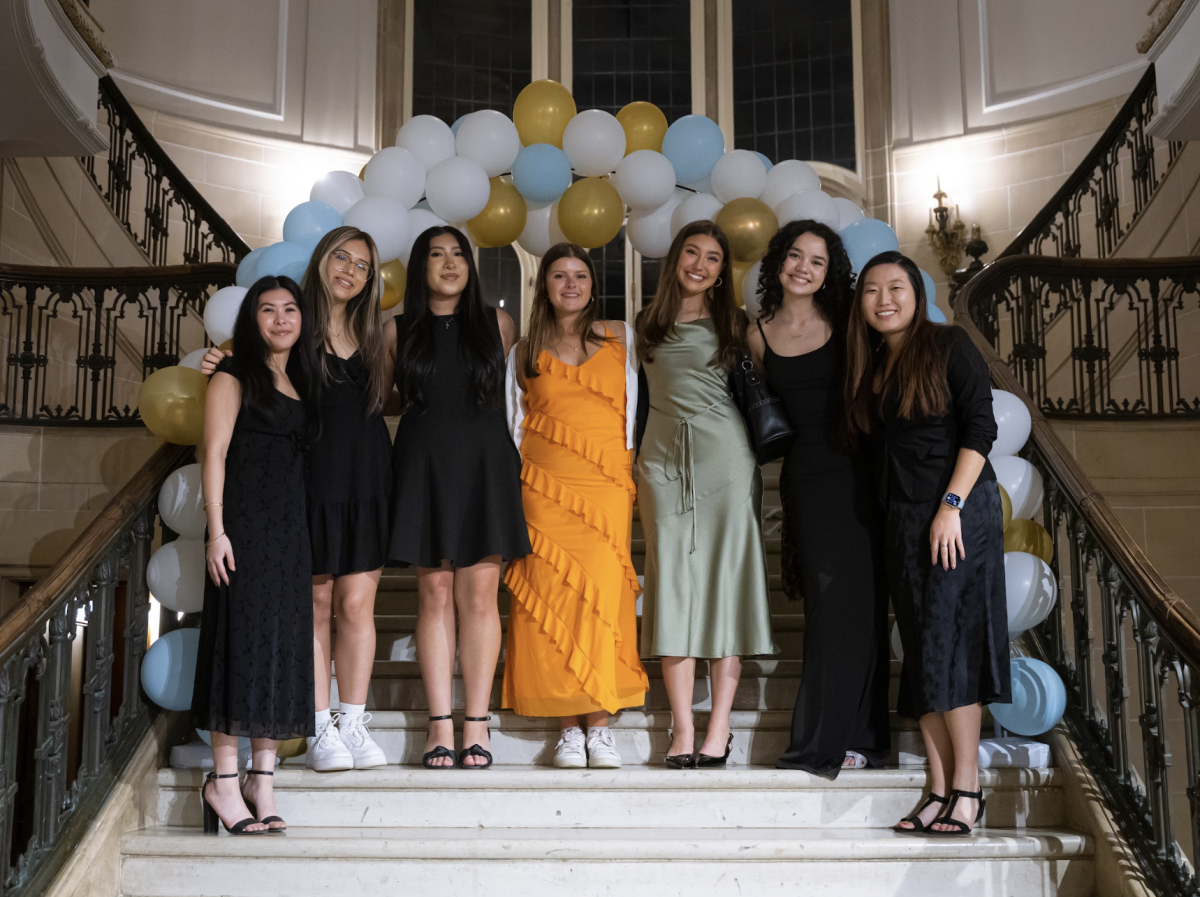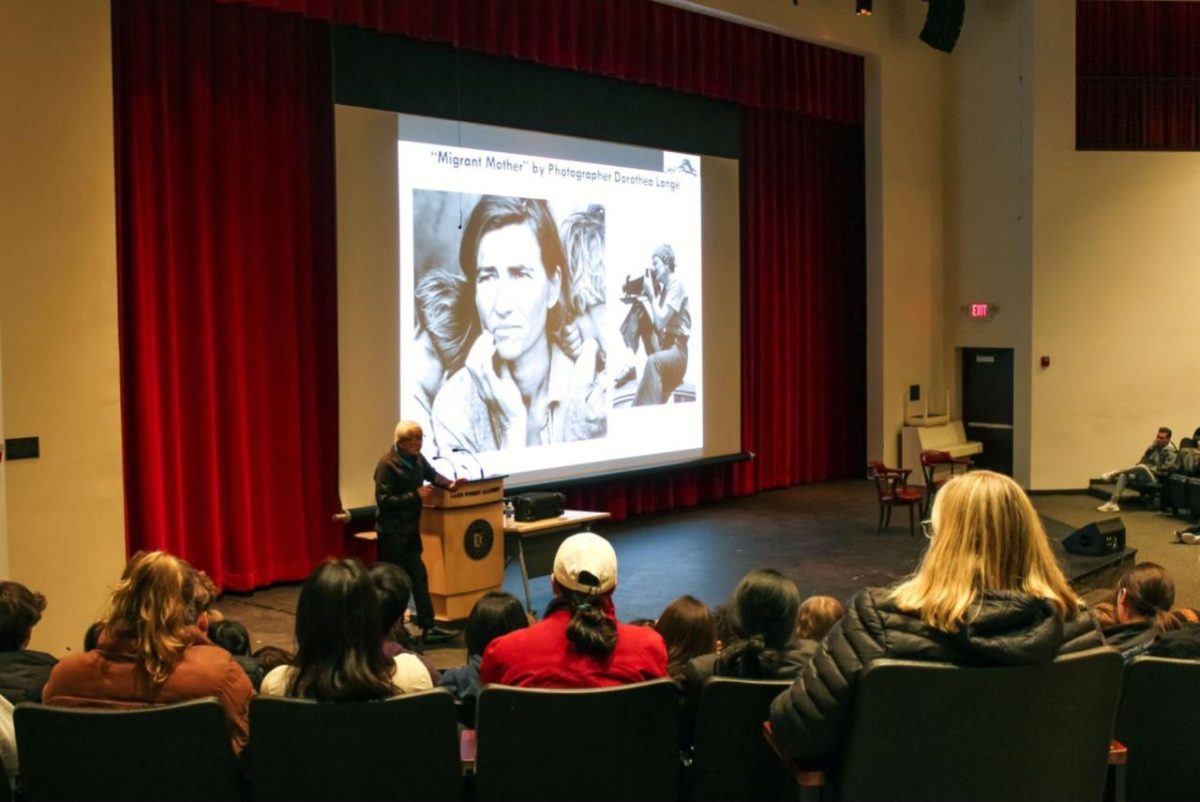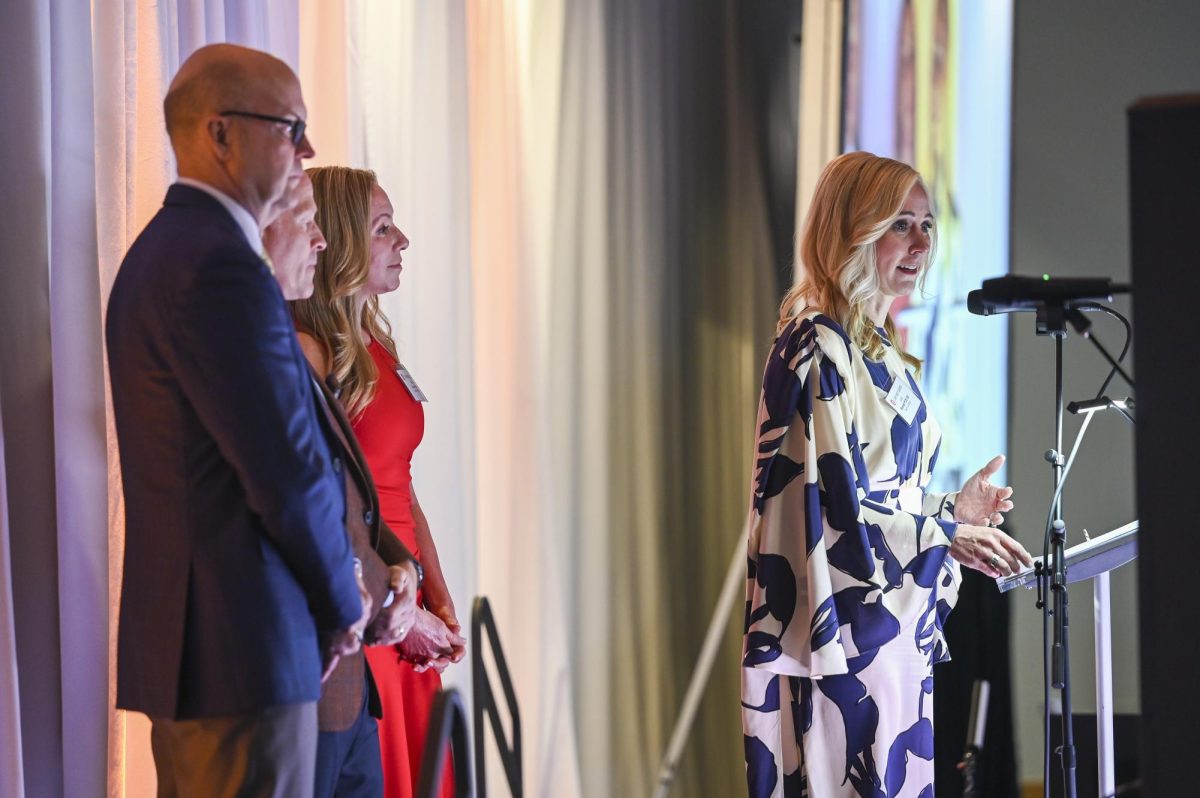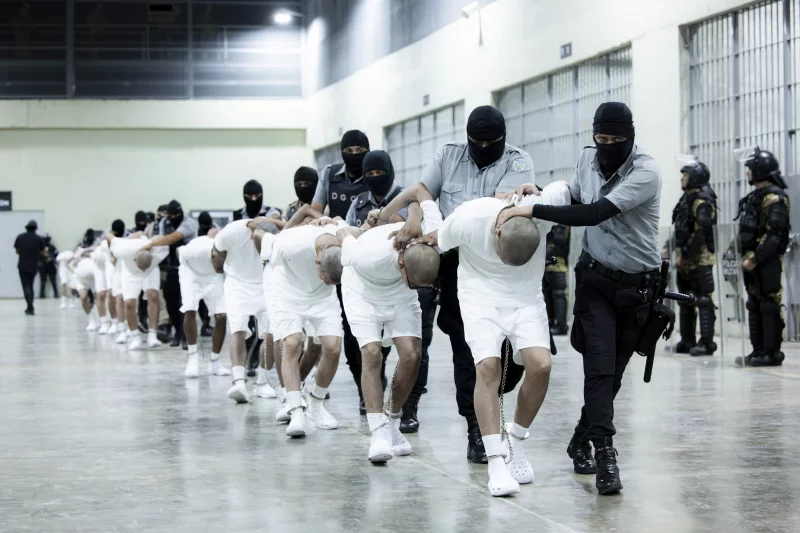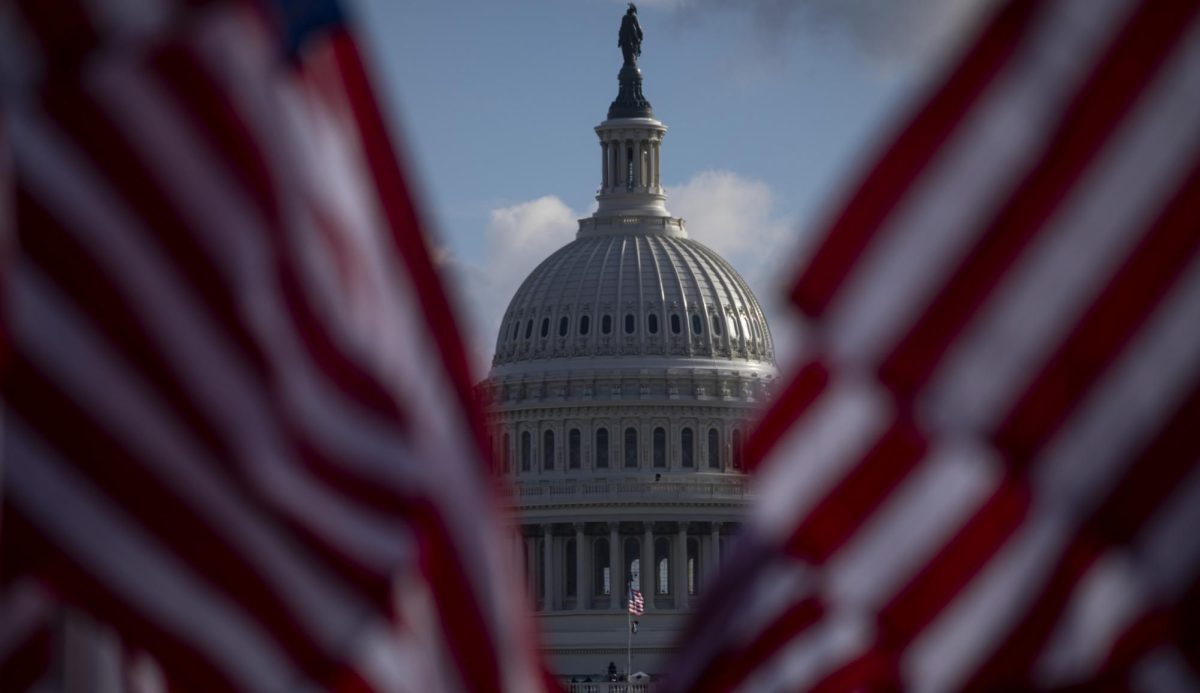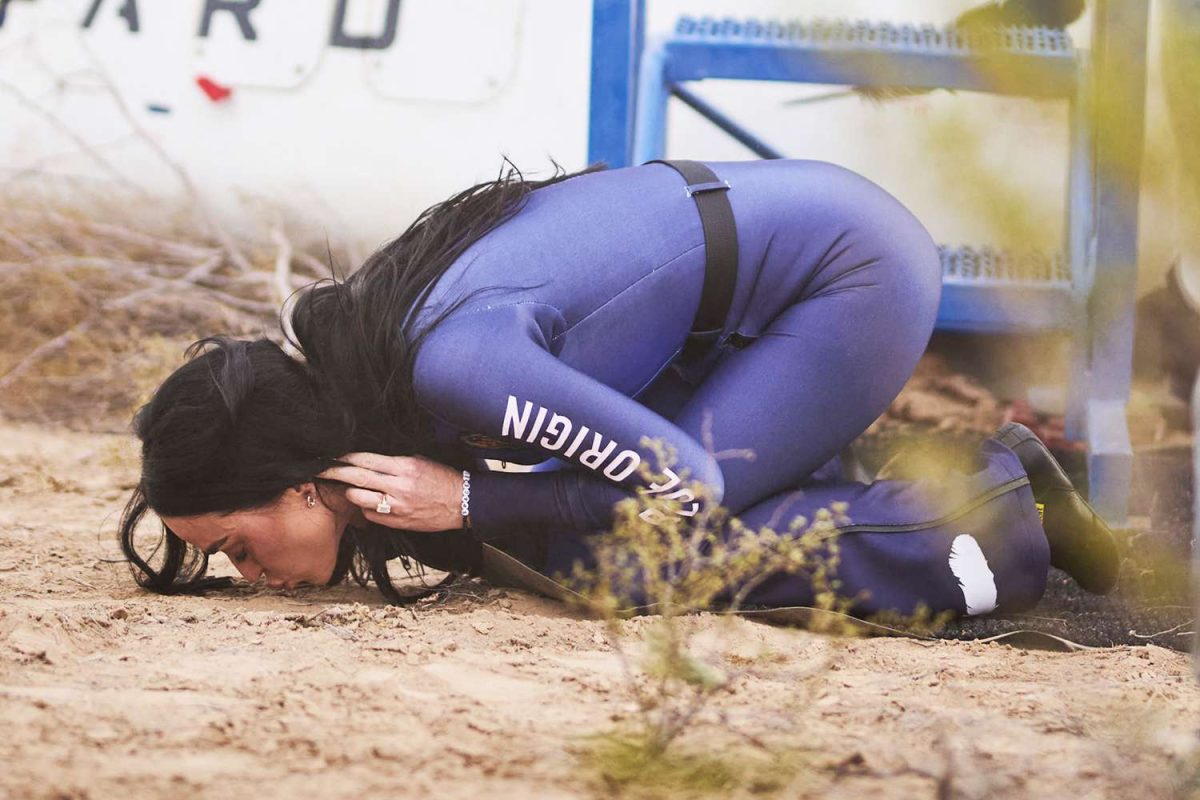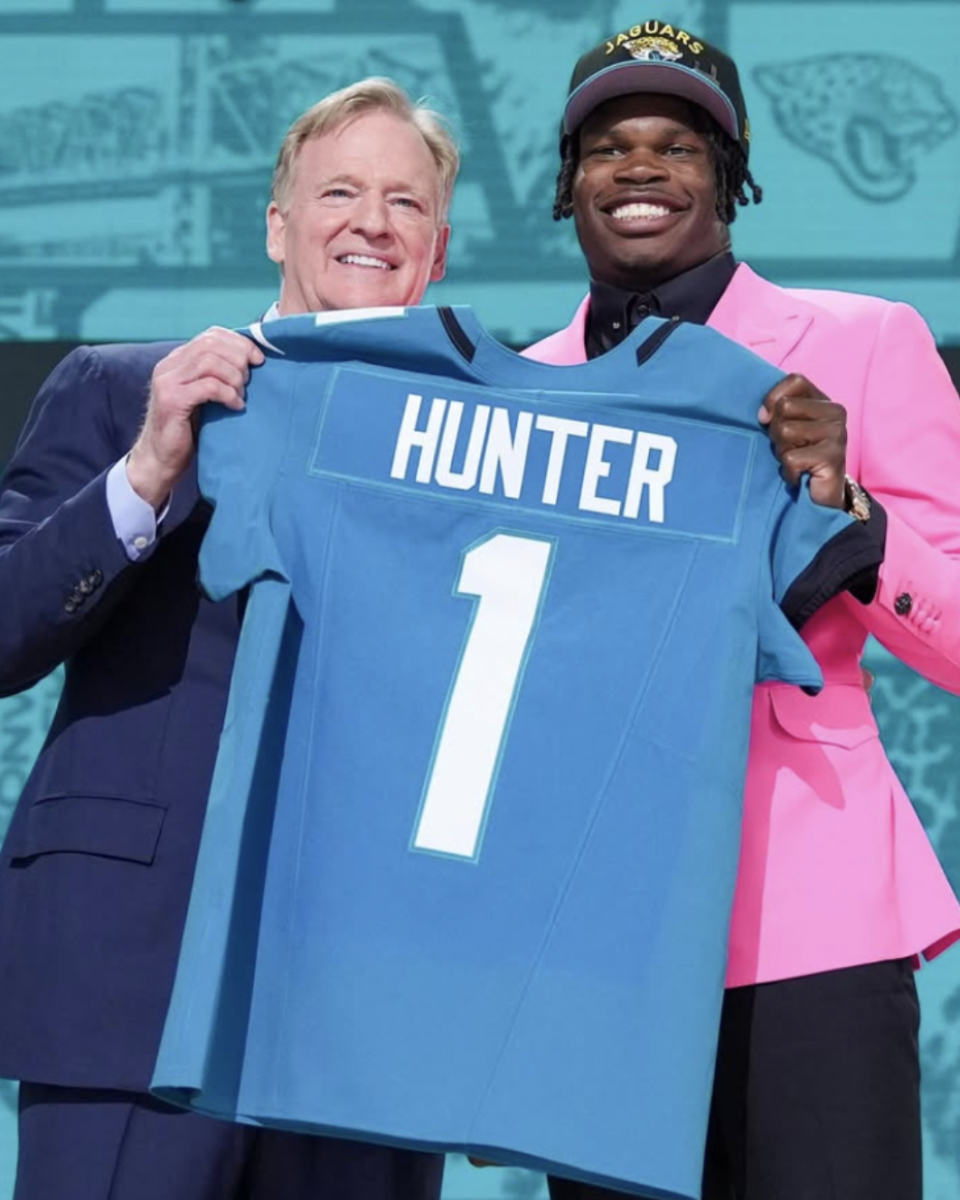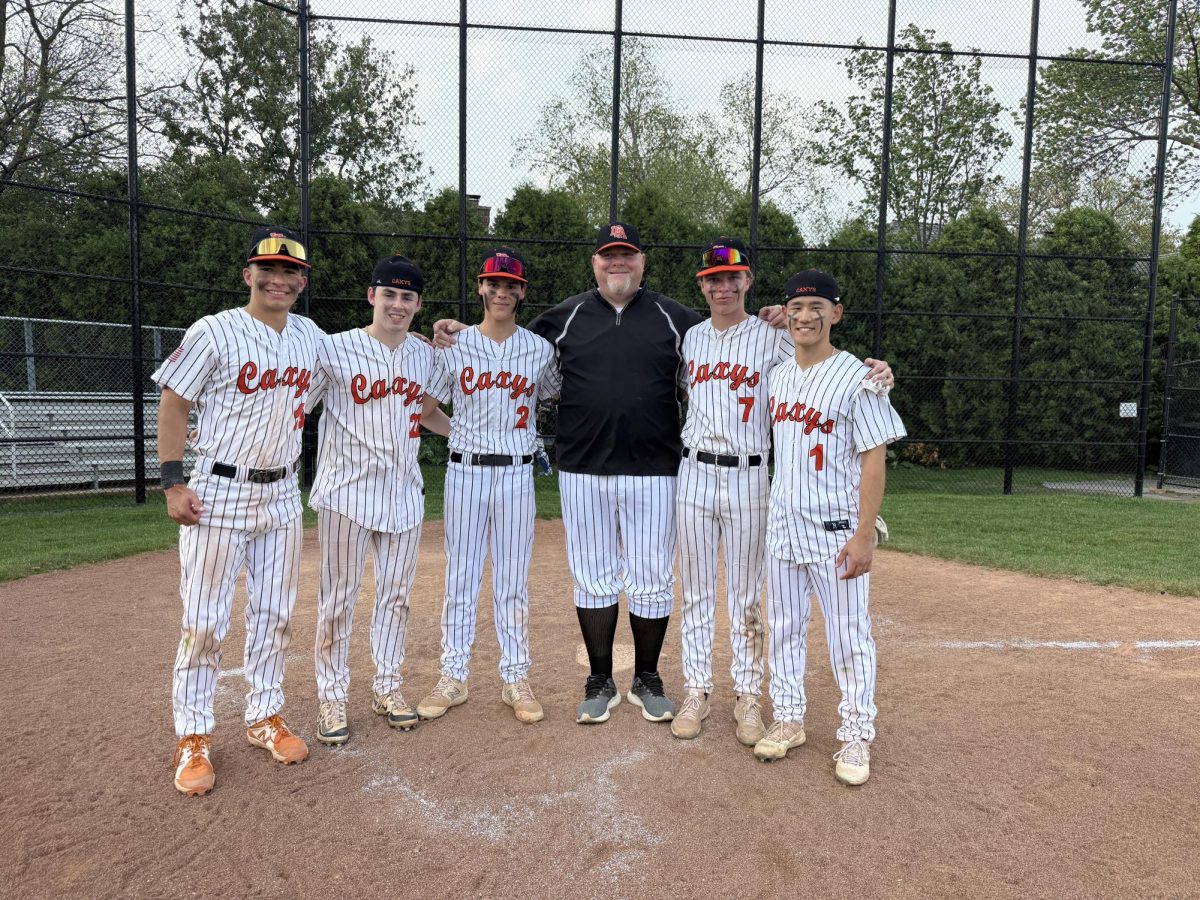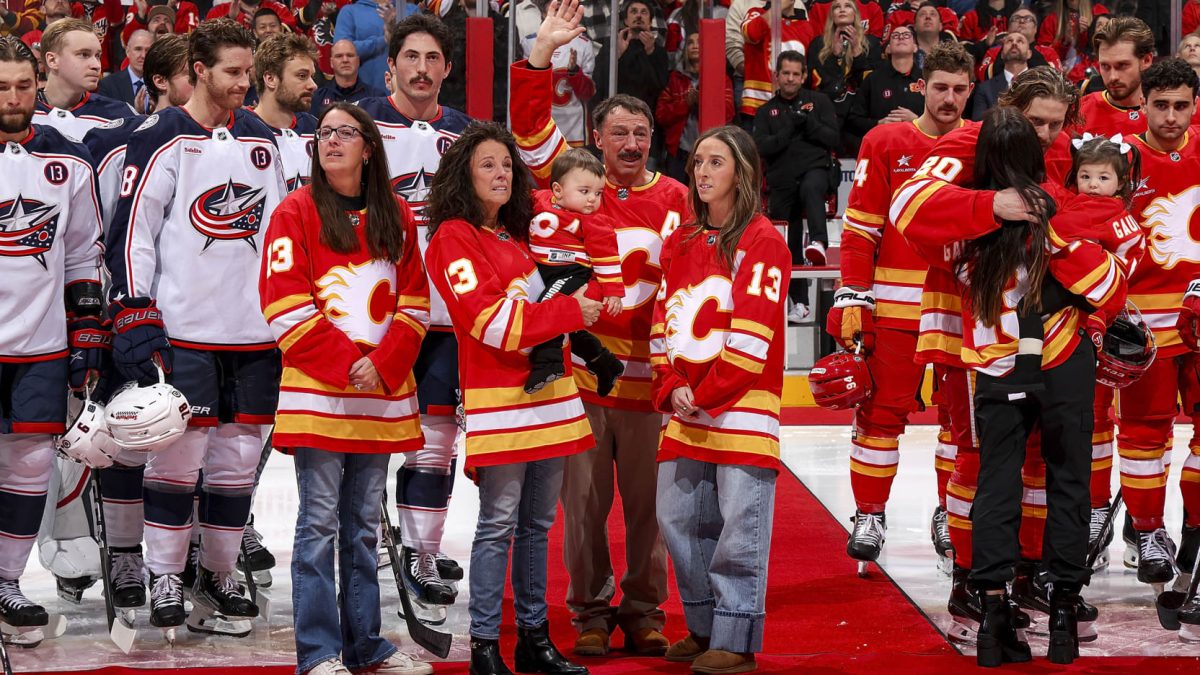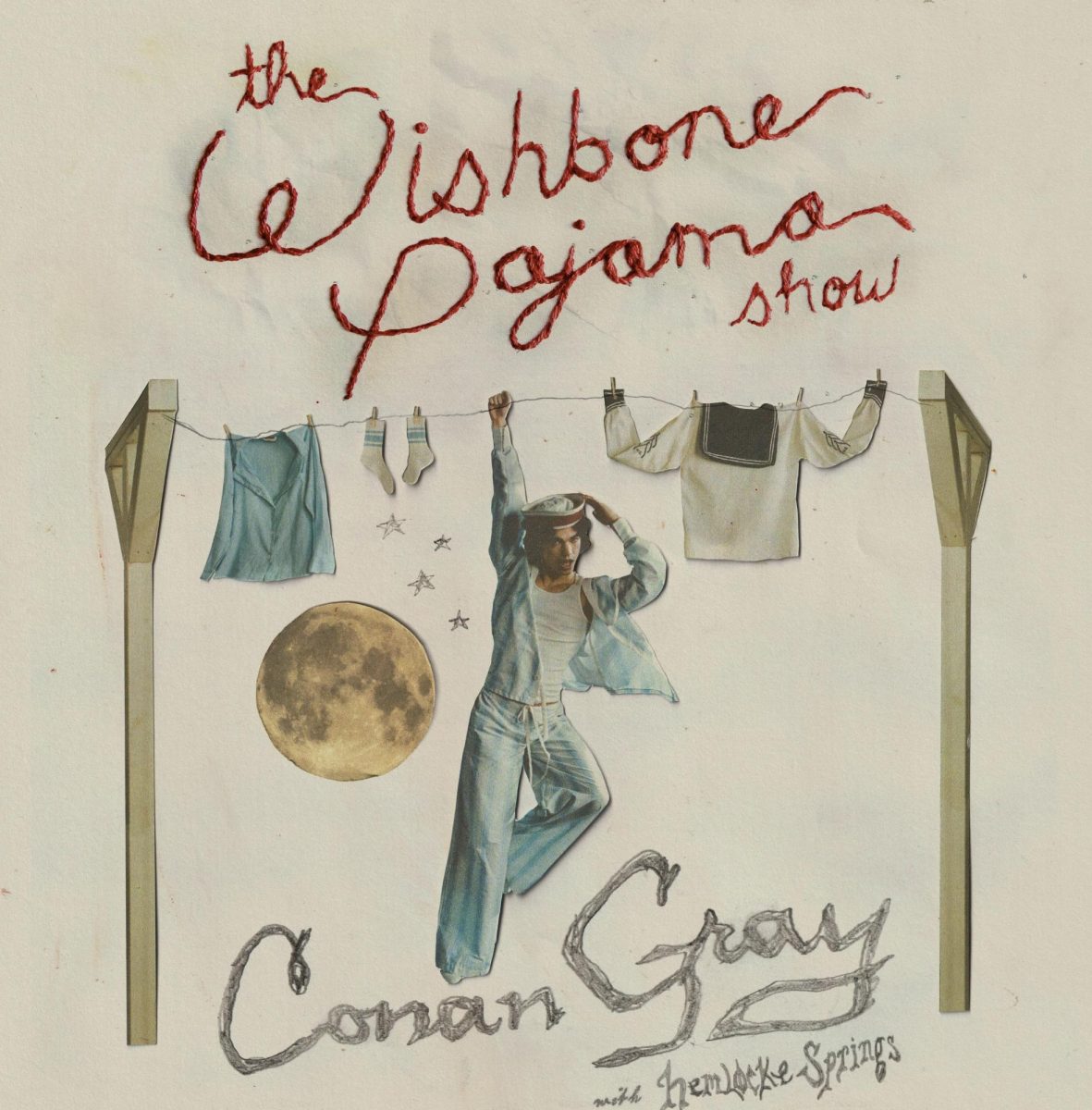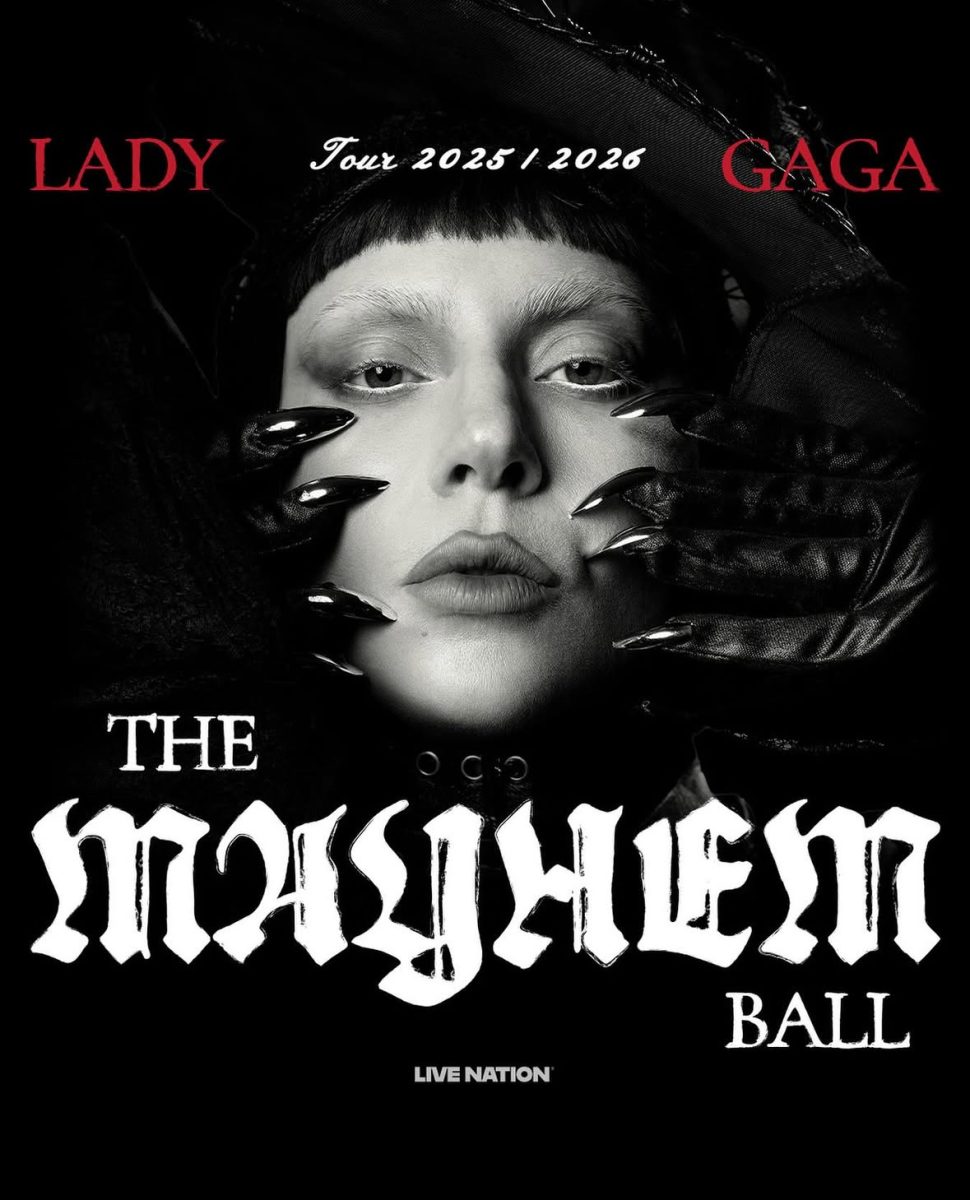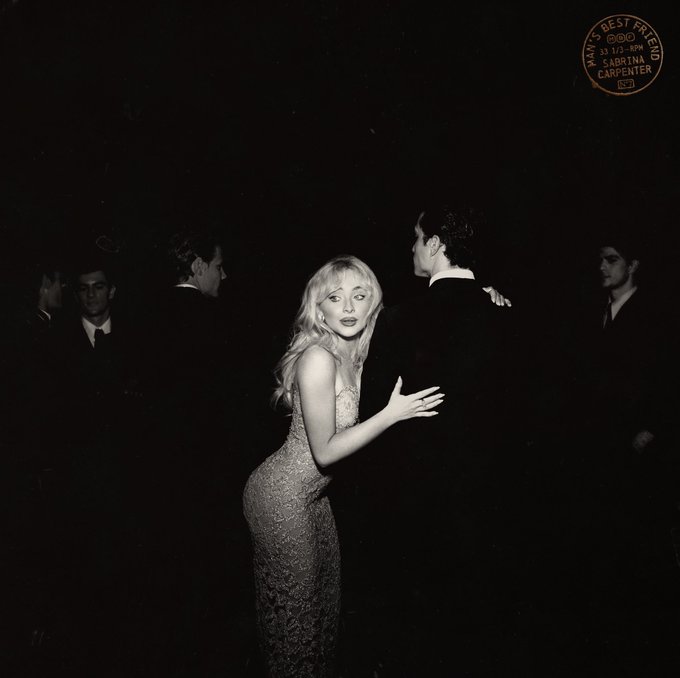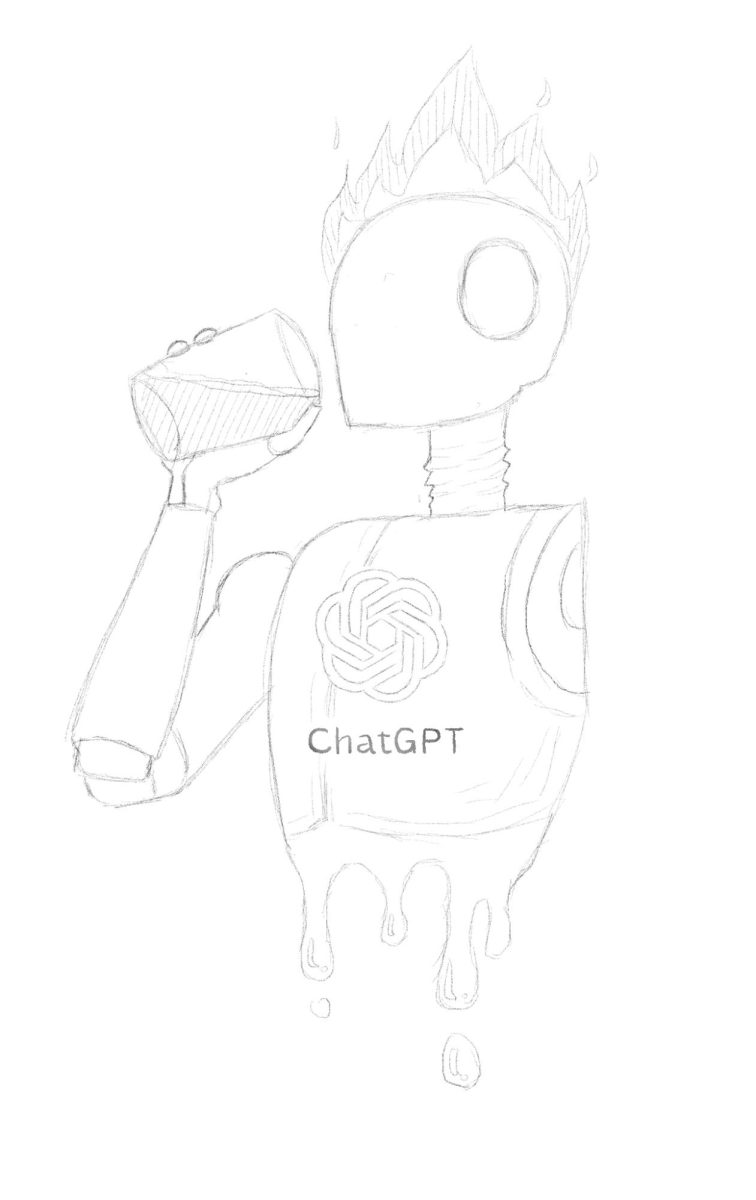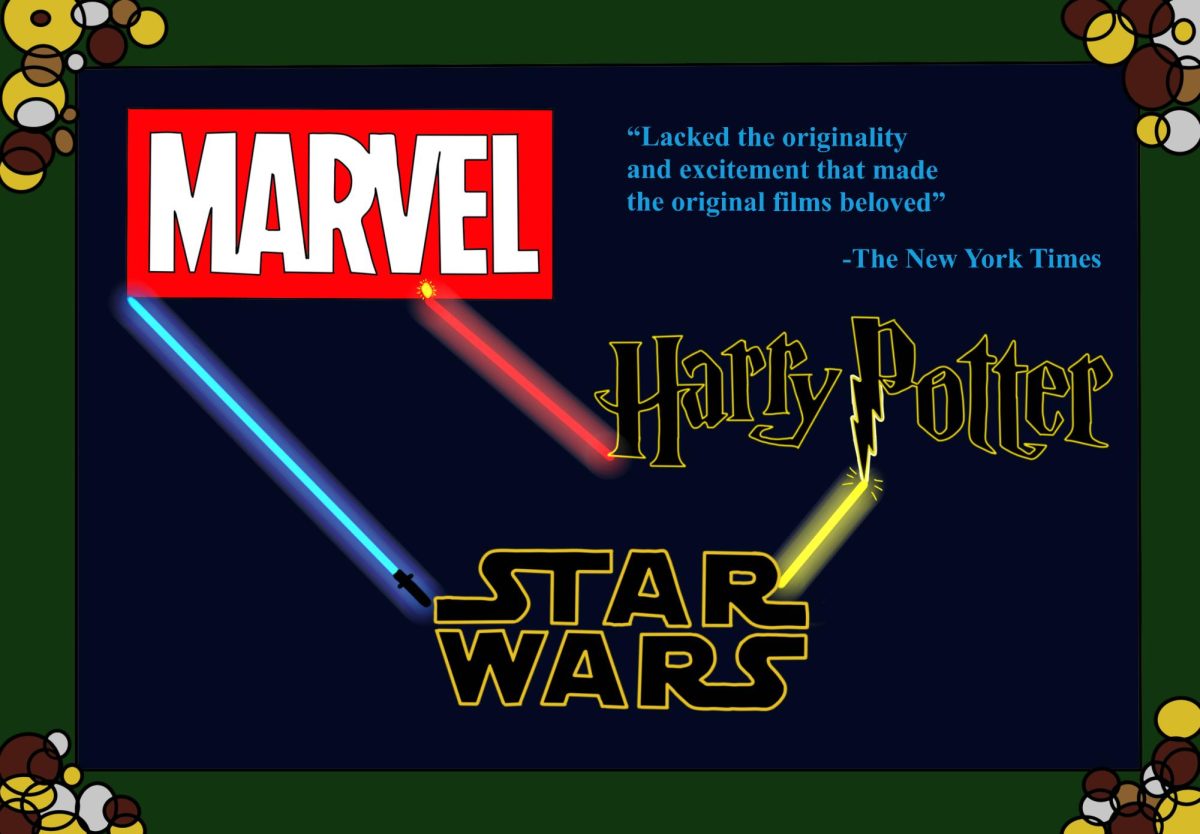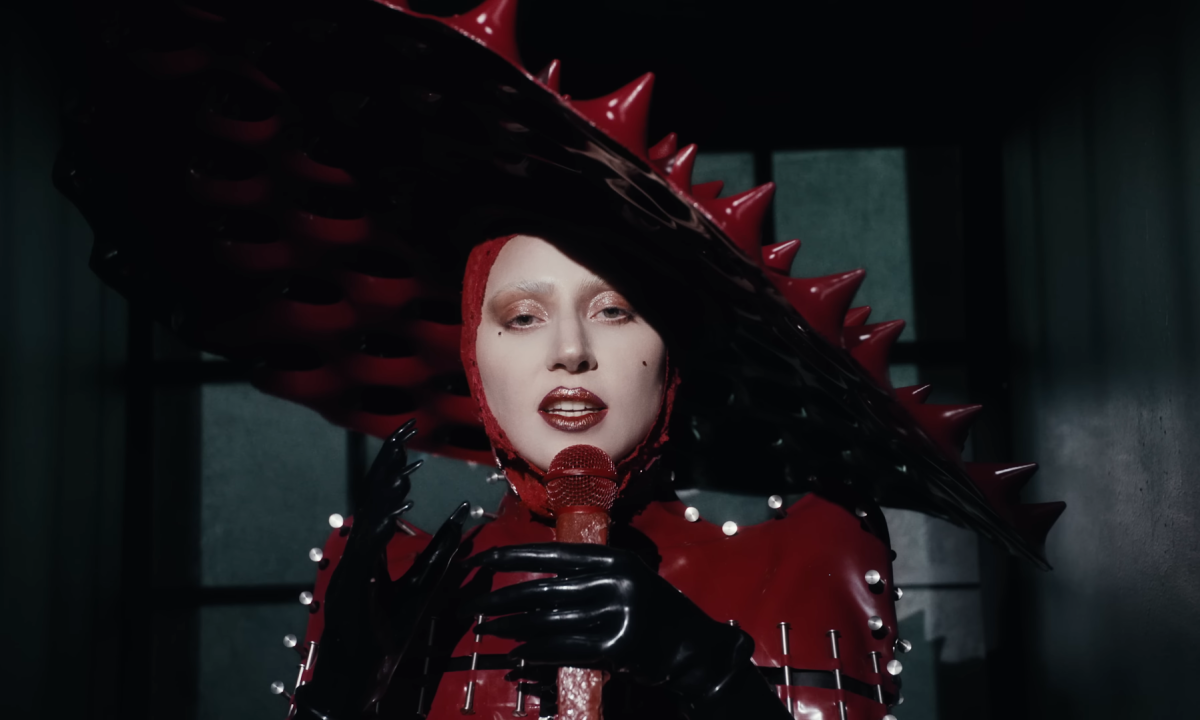In today’s entertainment landscape, franchises reign supreme. Whether it’s Star Wars, Harry Potter, or the Marvel Cinematic Universe (MCU), these massive storytelling machines dominate our screens and our childhoods. A franchise, in simple terms, is a media property that spans multiple works, films, television shows, books, and other forms of media, centered around a shared universe, characters, and themes. While initially successful, the relentless pursuit of franchising has led to a troubling phenomenon: viewer fatigue.
Viewer fatigue occurs when audiences become overwhelmed, bored, or disillusioned by the sheer volume of content tied to a single franchise. What was once a thrilling experience, can quickly transform into a monotonous cycle of releases that feel more like a cash grab than a creative endeavor.
Take Star Wars as an example. Since its groundbreaking debut in 1977, Star Wars has been a cultural phenomenon, influencing generations of fans and filmmakers. However, after George Lucas sold the franchise to Disney in 2012 for $4 billion, many fans felt the shift from a personal vision to a corporate product was the beginning of the end for the franchise. The release of Star Wars: The Force Awakens in 2015 brought new energy, but by 2019, with The Rise of Skywalker, the cracks began to show. The trilogy, which was supposed to revive the heart of the original, felt repetitive and hollow to many long-time fans. According to a review from The New York Times, the film “lacked the originality and excitement that made the original films beloved” and was bogged down by over-reliance on nostalgia. Banking on fond recollections was no longer enough to carry the weight of the franchise.
Similarly, the Harry Potter universe, once the gold standard of book-to-screen adaptations, has seen its own version of viewer fatigue. The 2016 prequel, Fantastic Beasts and Where to Find Them, was a commercial hit, but its sequels have failed to maintain the same level of enthusiasm. The third film, Fantastic Beasts: The Secrets of Dumbledore, underperformed, grossing $405 million globally against a $200 million production budget. Critics noted a lack of urgency and emotional investment in the new characters, while fans of the original series were left yearning for the magic of the earlier films.
The MCU, perhaps the most iconic example of modern franchising, has reached an extraordinary level of success. However, as it churns out multiple films and TV series annually, it has become increasingly difficult for audiences to stay invested. The 2021 film Eternals was critically divisive, with The Guardian calling it “a bloated, messy, and uninspired addition to the MCU,” while audiences struggled to keep up with the constant influx of new stories. The MCU’s overwhelming expansion, including lesser-known characters and storylines, has made it more difficult for even die-hard fans to keep track.
Evidence supports this trend, with reports showing a notable decline in box office performance following the peak success of Avengers: Endgame (2019). In 2022, Doctor Strange in the Multiverse of Madness and Thor: Love and Thunder experienced significant drops in audience enthusiasm, with many fans voicing dissatisfaction over the increasing number of films in the franchise. Even the once-reliable Spider-Man films, though still successful, are facing growing skepticism from fans about the future direction of the MCU.
In an era dominated by IPs (Intellectual Properties), it’s clear that excessive franchising comes at a cost. Originality and artistic integrity often take a backseat to profitability, and audiences are starting to take notice. The relentless pursuit of franchise expansion only risks alienating the very fans who made these universes so beloved in the first place.
It’s time for the entertainment industry to rethink its strategy and balance the nostalgia of beloved franchises with fresh, original, innovative storytelling. Without this balance, we risk watching these once-great franchises fade into mediocrity, leaving us wondering what could have been.

